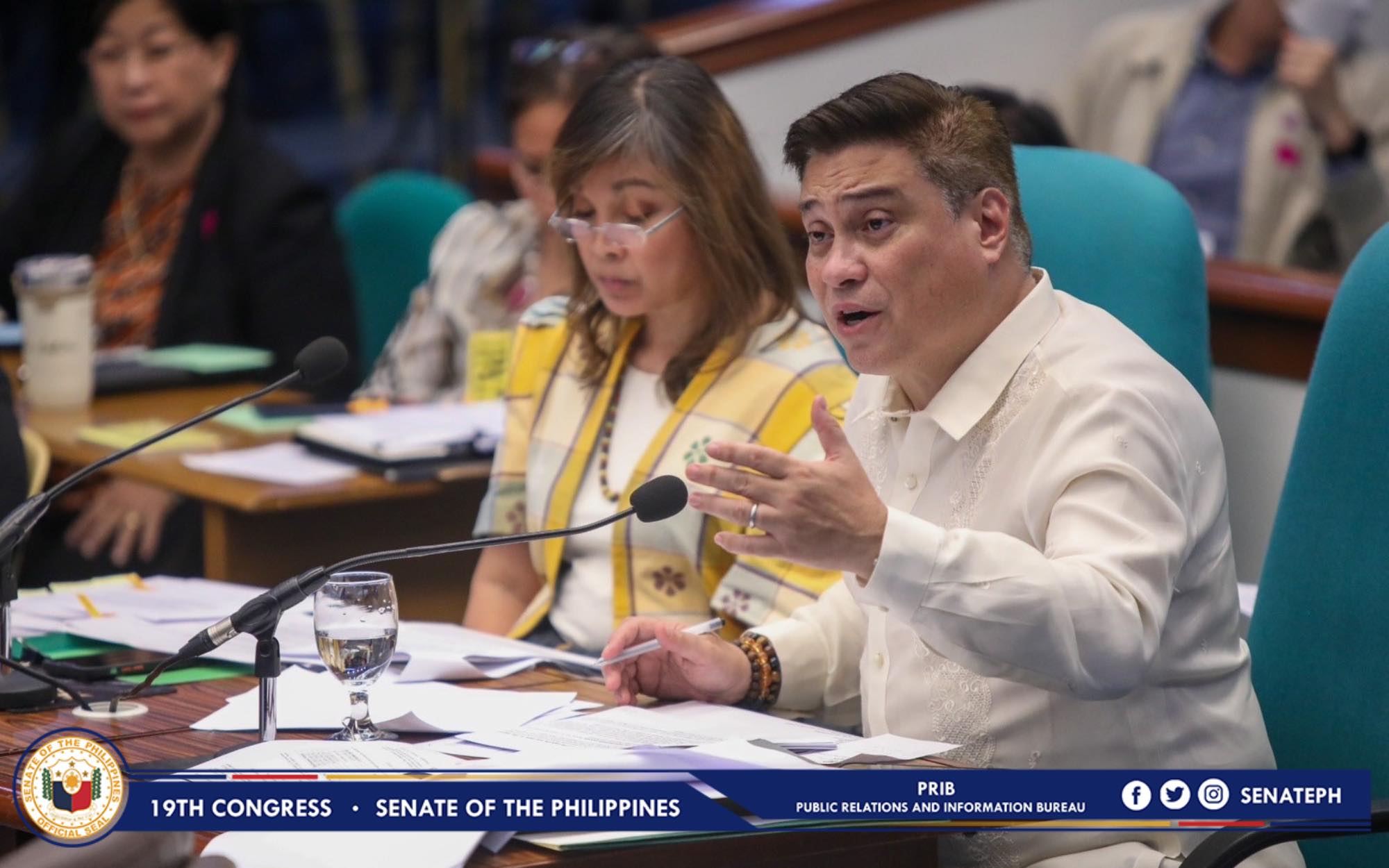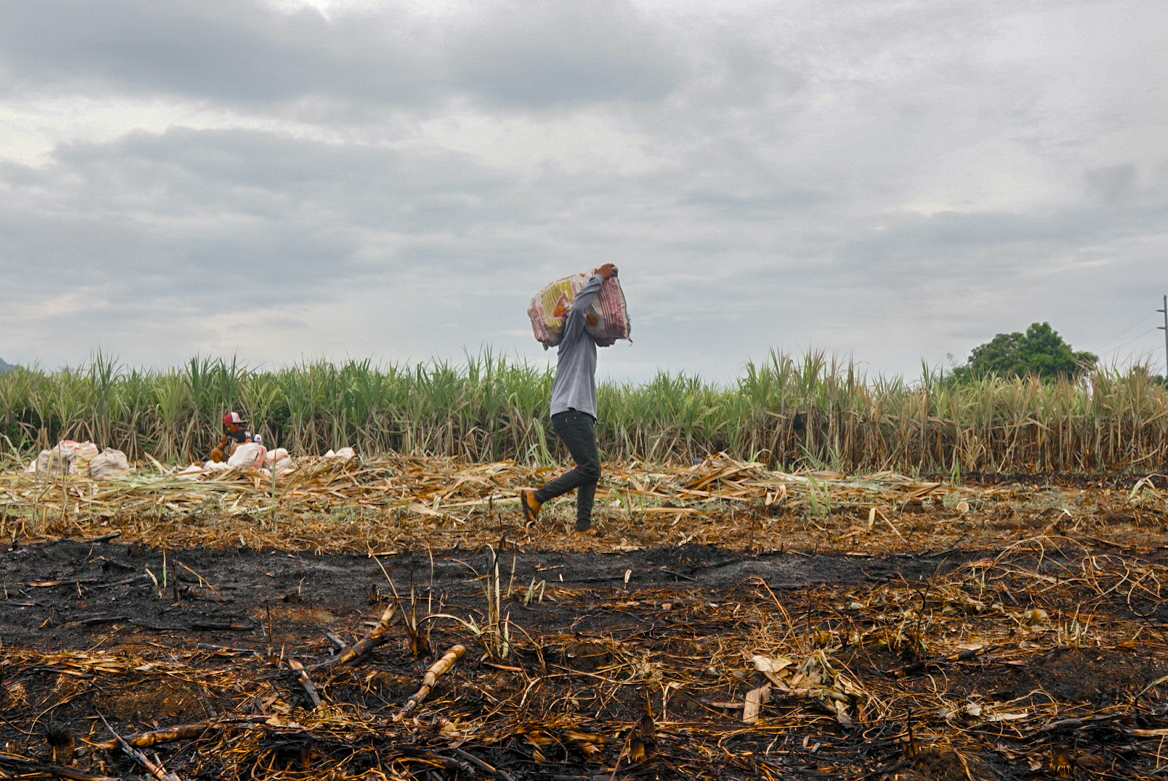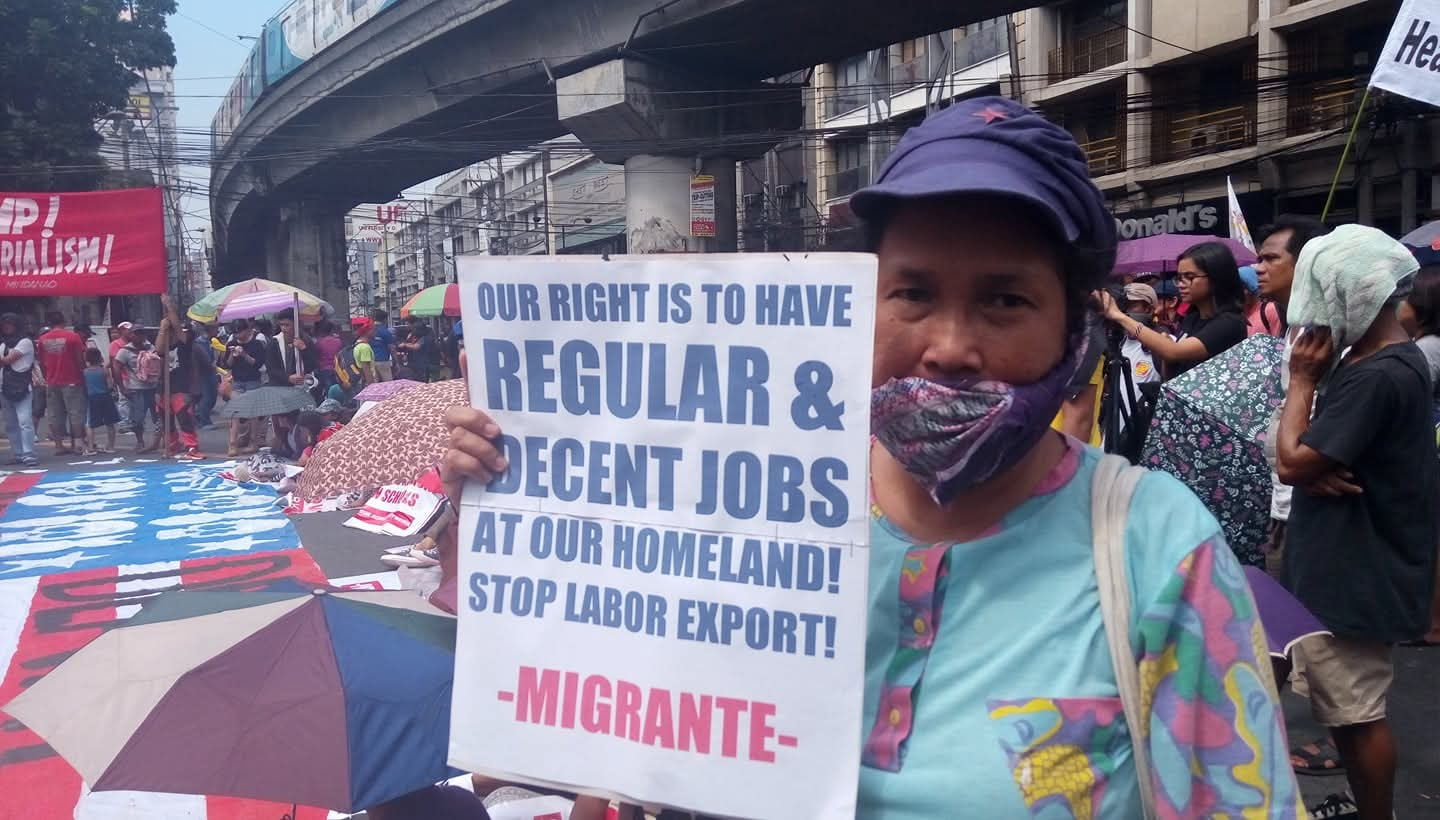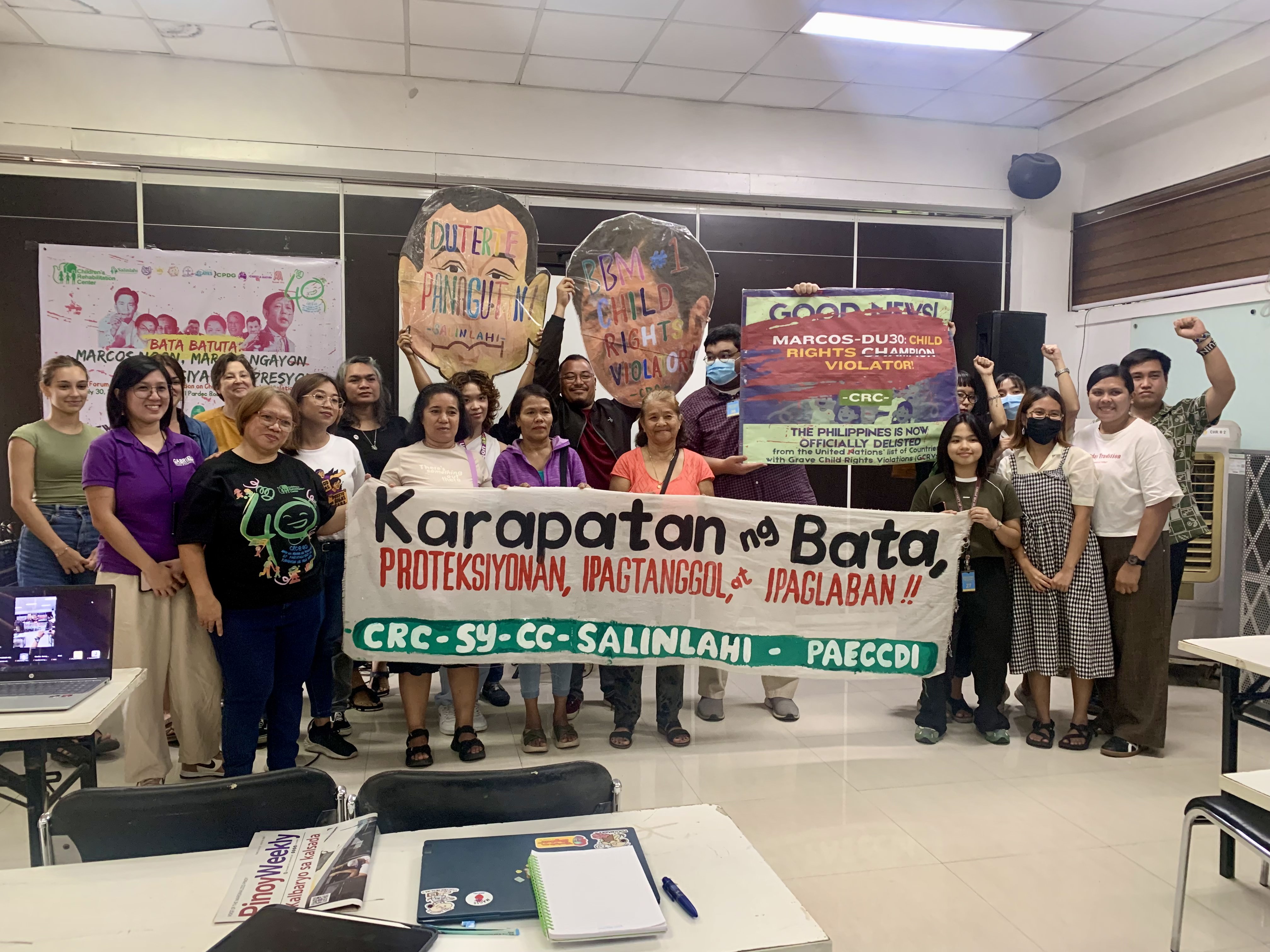Trade and agriculture groups are opposing the Regional Comprehensive Economic Partnership (RCEP) as the treaty would once again reduce the country’s trade barriers to the detriment of the local agriculture sector. This, following the country’s move to join RCEP after the Senate approved the agreement on February 21.
RCEP is a multilateral free trade agreement (FTA) where the Philippines will open its market to other countries: the 10 ASEAN member-nations and ASEAN FTA partners, namely, Australia, China, Japan, South Korea and New Zealand. The agreement aims to reduce import and export restrictions, allowing RCEP nations to gain more market access to members of the treaty.
“The country is not equipped for RCEP because the baseline for agriculture liberalization is already very low due to the other FTAs that our country has agreed to,” said Joseph Purungganan of Trade Justice Philippines in an interview with the Collegian.
In the Philippines-South Korea FTA, for instance, the Philippines will lift 96.6 percent tariffs on South Korean imports, while South Korea will drop 94.8 percent tariffs on Philippine-sourced products. In 2020, before the FTA was in place, South Korea already exported USD 7.31 billion worth of goods to the Philippines, while the Philippines accounted for USD 3.05 billion in exports to South Korea.
On top of the 93 to 95-percent tariff reduction of existing FTAs, RCEP will further reduce trade barriers for up to 98 percent of agricultural products, among others. Purungganan said farmers are already grappling with low profit and have not yet fully recovered from the effects of previous agreements that also liberalized agricultural products. For him, RCEP will only exacerbate farmers’ plight due to yet another FTA.
The Philippines has already implemented similar free trade policies such as the Rice Liberalization Law, which lifted import restrictions on rice to supposedly reduce the cost of palay. The law, however, failed to protect the producers as farmers’ net income per hectare decreased from P32,976 to P19,680, according to an analysis by think-tank IBON Foundation.
Purungganan described RCEP as a “new generation [and] modern FTA,” as the treaty also deals with intellectual property rights, investments, services liberalization, digital trade, and electronic commerce, among others.
"[RCEP is] too ambitious, too comprehensive of a free trade agreement that will not benefit the Philippines in the long run,” said Purungganan.
Worse, the agriculture sector will not solely bear the weight of RCEP as consumers, too, will be affected by the agreement’s adverse consequences, said Danilo Ramos, chairperson of Kilusang Magbubukid ng Pilipinas (KMP).
“Hindi totoo na kapag dumarating ang mga imported, at kahit pa marami, ay mumura [na ang mga bilihin],” Ramos said. A kilogram of rice costs P40 to P45 on average, while sugar is worth P75 to P100 per kilogram as of March 2023, which is costly for workers whose minimum wage only stands at P537 in Metro Manila.
Strengthening local production is what the country needs, and not importation, he said. There is a need to consolidate plans to be competitive as the agreement may leave the country vulnerable to cheaper imports, Ramos added.
House Bill 8512 of 2018 is an initiative that KMP is counting on. It is a proposal that seeks to address the country’s concerns about food security by allocating a P495 billion budget for programs that will financially and technologically support farmers. However, the bill is still pending with the House Committee on Agriculture and Food since November 2018.
RCEP may take effect as early as May 2023, but proposals to equip the country with resources and laws to be competitive have not been strengthened, putting the Philippines at a disadvantage.
“For us, the silver lining is we have reopened the debate on trade liberalization. There is a recognition that these issues exist,” said Purungganan. “The Philippines is not ready for RCEP. But we will hold government leaders to account. We will not stop sa pag-raise ng concern against the neoliberal economic policies that have not benefited the agriculture sector and the national interest.” ●







